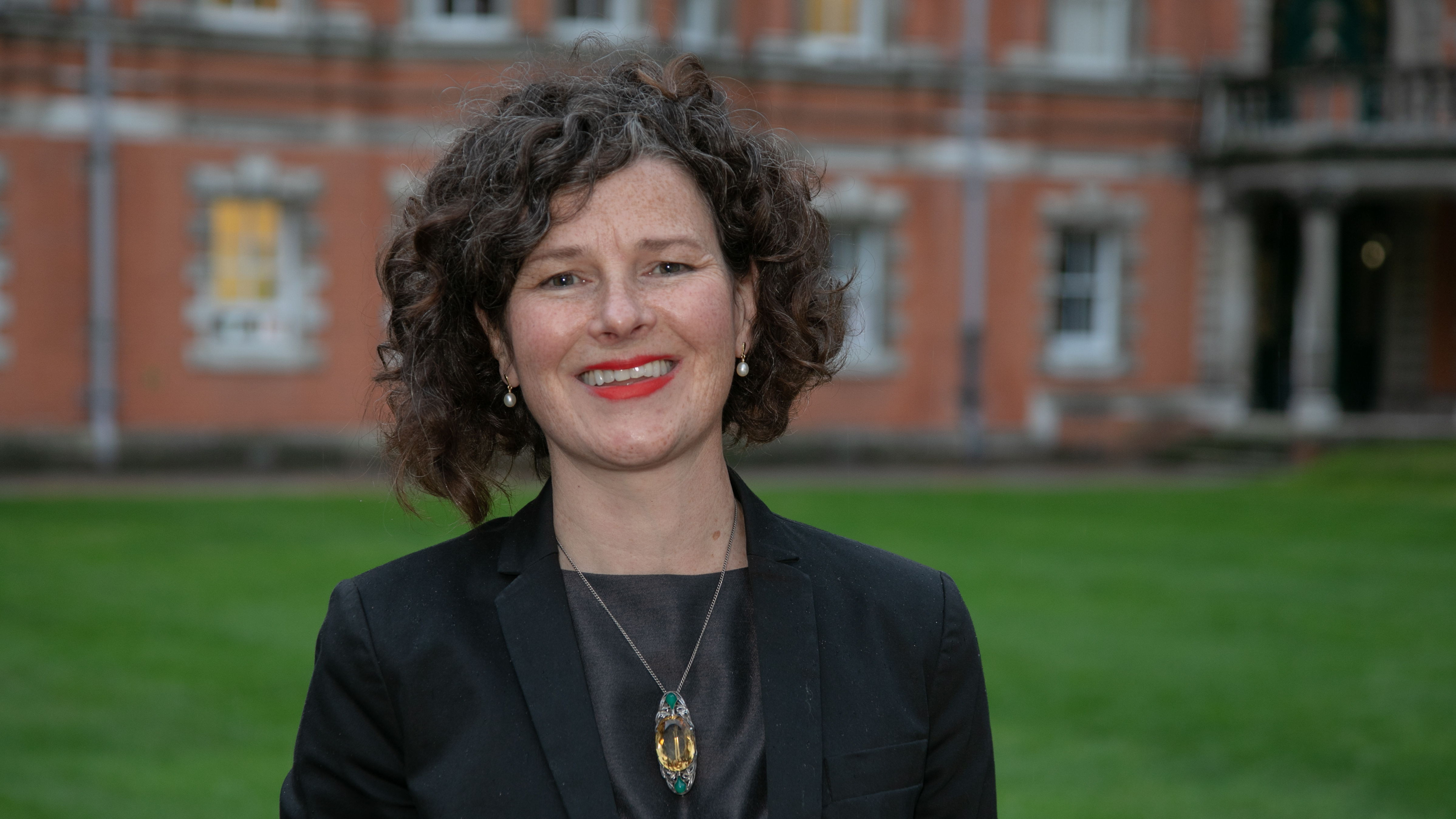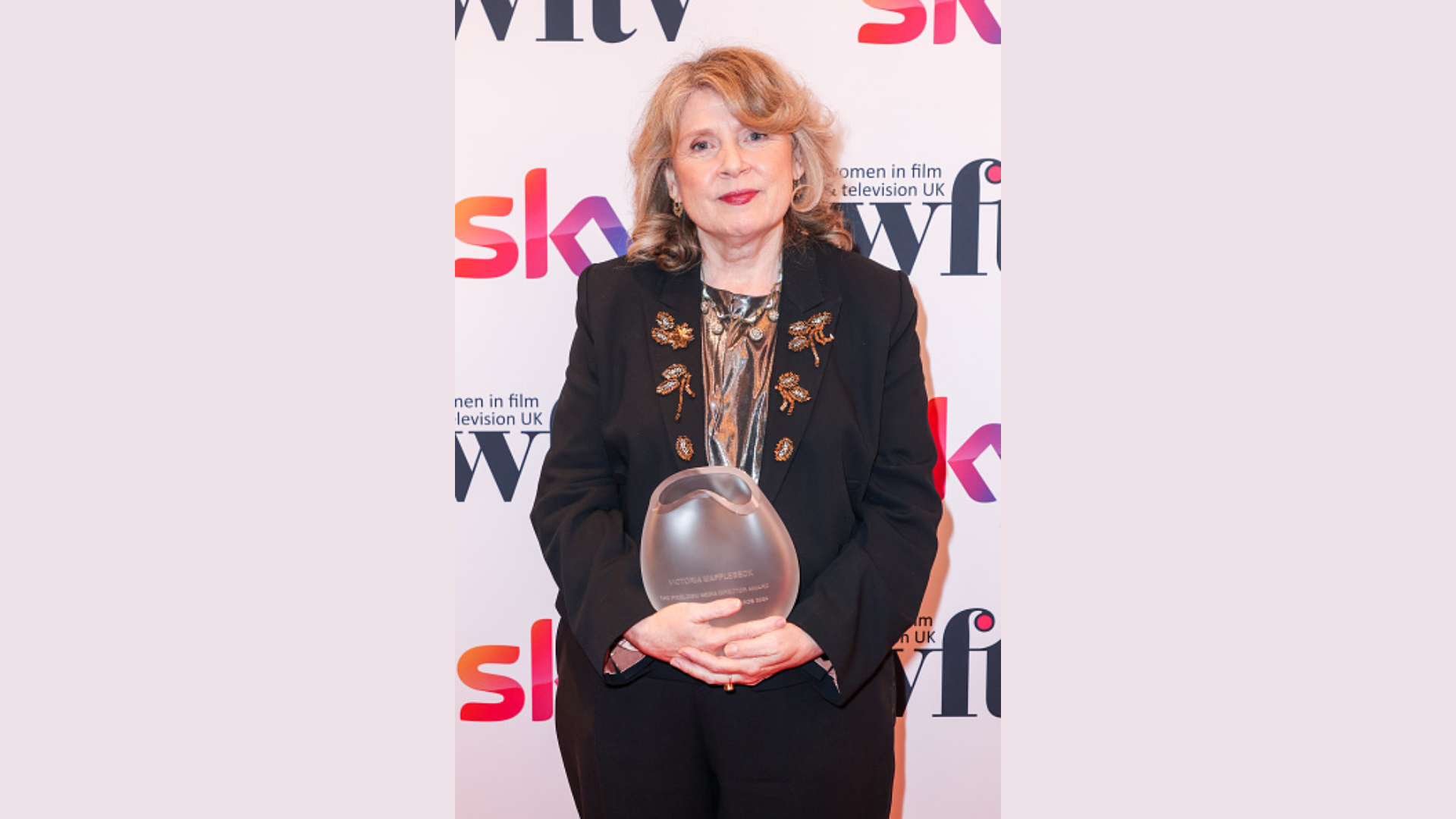A large international research collaboration, led by an academic from Royal Holloway, University of London, found that blood groups could help predict the risk of venous strokes associated with the Oxford-AstraZeneca Covid-19 vaccine.

The research was led by Professor Pankaj Sharma from the Institute of Cardiovascular Research at Royal Holloway and the Department of Clinical Neurology at Imperial College Healthcare NHS Trust, along with a collaborative group of researchers from across the globe.
The study, published in the Journal of the Royal Society of Medicine, set out to determine whether a patient’s blood group influences the development of Cerebral Venous Thrombosis (CVT) – otherwise known as a venous stroke – following administration of the Oxford-AstraZeneca COVID-19 vaccine.
Previous research had found that patients with blood group A, were at a greater risk of severe COVID-19, as they constituted the majority of patients in intensive care. Any occurrence of CVT within 28 days of receiving the Oxford-AstraZeneca vaccine is defined internationally as being a result of the injection.
A total of 523 CVT patients were used in the study and recruited from two study groups investigating venous strokes. Of the total, 82 patients had suffered from CVT after receiving the Oxford-AstraZeneca vaccine, while the remaining 441 were unvaccinated CVT patients. Participants in the study had their blood group tested, and the results were compared to determine the distribution of blood groups in the vaccinated and unvaccinated patients.
The study found that blood group O was more prevalent in patients who had experienced a venous stroke after receiving the Oxford-AstraZeneca vaccine (43%) than it was in those patients who were unvaccinated venous stroke sufferers (17%). The researchers found that patients with blood group A were the most common by percentage among those in the unvaccinated group (71%).
The findings of the research suggest that those with blood group O have an increased risk of CVT, or venous stroke, following administration of the Oxford-AstraZeneca vaccine, regardless of well-established venous stroke risk factors – such as gender.
Further studies could help researchers to understand more about the relationship between patients from the O blood group and the apparent elevated risk of CVT after receiving the Oxford-AstraZeneca vaccine.
Professor Pankaj Sharma, from the Department of Biological Sciences at Royal Holloway, said: “Our work suggests that it may be possible to predict those most at risk of cerebral venous thrombosis stroke following COVID-19 vaccination using a simple test for blood group.
“The AstraZeneca vaccine is 10 times cheaper than mRNA vaccines such as Pfizer, yet many countries have paused its use because of this associated risk of stroke, despite the vaccine being highly effective and easily transportable.
“Those with blood group O, seem two-and-a-half times more likely to be in the post-vaccine risk group. Predicting who is more likely to suffer from stroke after vaccination may provide confidence to governments for using this vaccine – particularly in low- and middle-income countries, where cheaper and more easily-transportable vaccines could prove more effective.”
























